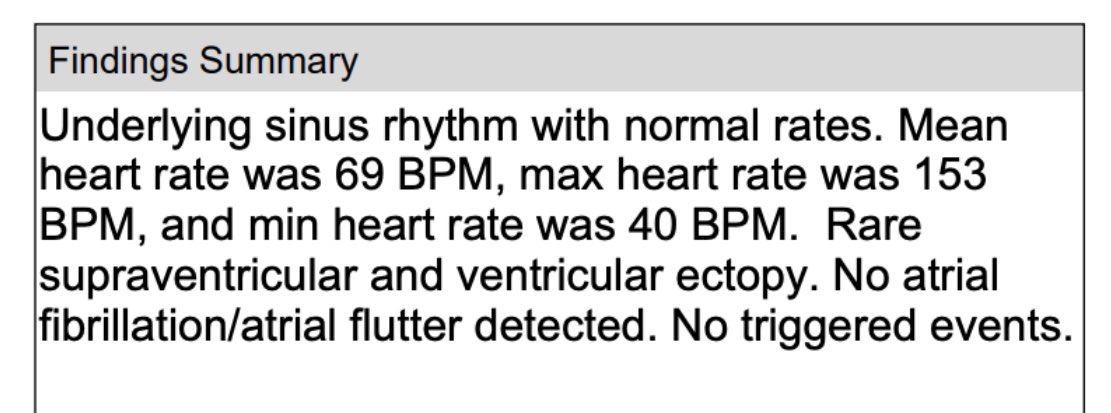Why I’m the most disliked vegan doctor, by vegans.
Intellectual honesty doesn’t always make you popular.
A thread.
Intellectual honesty doesn’t always make you popular.
A thread.
First of all, I’m vegan. It’s my personal choice. Veganism is a lifestyle, not a diet. I don’t eat animal products, wear leather, and I do everything I can to minimize my harm to sentient beings.
But when it comes to my patients, I’m a cardiologist first. This means, I HAVE to follow the science. I cannot restrict myself to the dietary dogma in the vegan community that low fat plant based diets are the only way to eat.
I happen to love the health benefits of being on a well planned plant-based diet. For the last 6 years as a physician, I have been blessed to see numerous patients improve their health & put chronic disease HTN & HLD into remission using a plant-based or plant-predominant diet.
But I used to follow the low fat plant-based dietary dogma, hard. I used to tell my patients they couldn’t eat olive oil, nuts or avocado, because every Plant-Based doctor was advocating for this exact dietary plan.
Then something happened. I grew up a LOT in cardiology training. I did over 200 caths. I brought the plant-based diet trials to journal club & learned from brilliant interventional cardiologists why this was not actually disease reversal...
Plant-based diets may improve outcomes, which is important, but I started to question the data that claimed “plant-based diets reverse CAD”. (See @AviBittMD threads for more info about our critique)
I began to realize that every single Tuesday in my plant-based clinic, I was spending hours trying to convince my vegan patients that there is NOT robust data that they can reverse their CAD, and they NEED to stay on their statins in secondary prev (& many cases of primary prev)
I started to realize how frightening over promising and under delivering was, in any dietary paradigm.
And just because vegan doctors do it, doesn’t make it right.
And just because vegan doctors do it, doesn’t make it right.
I began learning from a lot of world renowned nutrition scientists like @KevinH_PhD @KCKlatt and @Dr__Guess how to better evaluate and dissect nutrition science.
The more I’ve learned and understood the science, the less I was drawn to the dogma. I’ve lost my dogmatic approach completely.
I’m still vegan, that will never change.
I’m still vegan, that will never change.
But the days of only recommending a highly restrictive low fat plant based diet are long gone. The idea that I ever thought olive oil, nuts or avocado was harmful, now makes me uncomfortable. But sadly, this is still pushed by many vegan physicians.
I still recommend well planned plant-based and plant predominant diets, because there are so many levels of evidence showing that a healthful plant-forward approach is beneficial in preventing chronic disease, improving outcomes, etc.
But I respect all dietary patterns, & understand there are many ways to be healthy. I’ve had patients thrive on plant-based keto, or high protein, or various other macronutrient patterns. I appreciate that you do not have to be 100% plant based to be healthy. Just eat plants.
Questioning science by well known vegan doctors has definitely been painful for me.
Including a stream of sexist memes and attacks because I said “olive oil does not cause heart disease”
Including a stream of sexist memes and attacks because I said “olive oil does not cause heart disease”
https://twitter.com/kevinnbass/status/1219003362039009281?s=21
And much more...
I don’t expect I’ll ever be invited to speak at a vegan conference ever again. And if that’s the cost of intellectual honesty...
I can live with that.
I can live with that.
I care about being an evidence based cardiologist above all else. Even if that means critiquing research in my own preferred dietary pattern.
At the end of the day, I want to help my patients get well any way that works for them: if that’s a low fat plant based diet, high (unsaturated) fat plant based diet, high protein plant based diet, or a diet that includes some animal products.
It’s undeniable that plant based diets are healthful, can help prevent chronic disease. But they are not a cure all. In many diseases, kale can not replace guideline directed medical therapy. But in nutrition, the dangers of overpromising and under delivering are real
Eating a healthful diet + following a healthful lifestyle + while adhering to guideline directed medical and procedural therapy when indicated, needs to be emphasized by every dietary paradigm.
I just want to say thank you to everyone for the immense support 🥺the nutrition world can be filled w/ endless pseudoscience and sadly, lots of bullies, but my dedication to cardiology, good science & my patients will always lead me in the right direction..so thank you v. much🙏
To be honest, I feel like I’ve finally broken free, from the dietary tribalism that scared me for so long from giving my opinion & critique on plant based nutrition science. Feeling no longer silenced or scared. My opinion in science matters.Thanks for the uplifting support & ❤️
• • •
Missing some Tweet in this thread? You can try to
force a refresh














